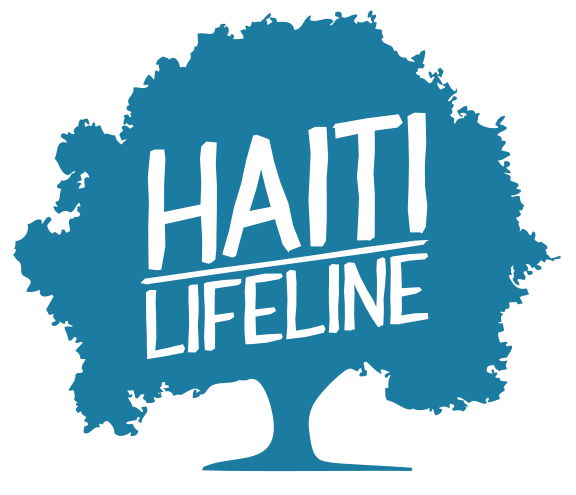Recently, I started a book on poverty alleviation (In the River They Swim). That always prompts the question of how we engage in God-honoring acts of justice and compassion, particularly in a setting of huge injustice. There are so many layers and complexities to injustice and poverty that it is good to constantly question if we are doing the right thing in the right way for the right reasons. When those questions start, a passage in Job 29 is a good reset button for me.
At this point, Job and his 3 friends have gone around a few times and Job is on a discourse where he longs for the former times when God watched over him and he was honored by the people of his community. In verses 11-17 he tells us why: “When they heard me, they blessed me and when they saw me, they spoke well of me. For I rescued the poor who cried out for help and the fatherless child who had no one to support him. The dying blessed me, and I made the widow’s heart rejoice. I clothed myself in righteousness and it enveloped me; my just decisions were like a robe and a turban. I was eyes to the blind and feet to the lame. I was a father to the needy and I examined the case of the stranger. I shattered the fangs of the unjust and snatched the prey from his teeth.”
In verse 12, the word Hebrew word translated as “rescued” means that Job delivered the poor and orphans from danger. Sometimes, in our effort to serve well, we do too much and ultimately create a dependency. However, righteous Job did not do everything for the poor and the fatherless, he stepped in when there was real need, a dangerous situation. This thought provides clarity for my own actions: Is the situation critical where “stepping in” is necessary? Or, does it simply make me feel good to help in every way possible? I am learning that following my feelings is not always the best path for effective service.
Job was such a positive presence that a dying man blessed him, and his widow’s heart rejoiced (Vs 13). Clearly, Job was present and active in people’s deepest and darkest hours. He was there when it counted most. Job says: “I was eyes to the blind and feet to the lame” (Vs 15). He’s not just giving handouts; he is deeply involved with people in an effective and essential way. He helps them see and he helps them walk. This reminds me of our Oasis project. We desire to help the young men and women aging out of the Lifeline orphanage see their lives in a different way and walk a path that leads to self-sufficiency, not dependency. Job cared for needy people in the same way a father cares for his children (Vs 16). Having raised two children, I learned early on that doing everything for them does not benefit their growth. It stunts them and makes them dependent.
I absolutely love the intent and the imagery of verse 14. Job’s life of righteousness and justice is very intentional. He puts them on like his clothing! I have left the house without my keys, or my wallet, or my phone; but I have never left the house without my clothes. And, I have never put on clothes without thinking about what I’m putting on. There is intentionality and purpose to what each of us put on every morning. Job intentionally and purposefully put on righteousness and justice each day. His righteousness and justice are rooted in right relationships. The righteousness that fuels his effective compassion comes first from a right relationship with God. God says that Job is “blameless and upright, a man who fears God and shuns evil” (Job 1:8). From that foundation, Job’s life is characterized by righteousness and justice in his relationships with others.
The question becomes: How do we translate Job’s example into organizational action? Job’s life shows that effective compassion and justice are characterized by righteousness in his relationships with others. We do not have all the answers on how best to serve in Haiti, but we know that it starts with our relationship to a God who can do immeasurably more than all we ask or imagine (Ephesians 3:20). That’s the bullseye, the center of our target. The concentric rings out from our center include relationships among the staff and Board, our Haitian partners and the children they serve with such dedication, and those that support this ministry through prayer, service and financial gifts. From the life of Job, justice will prevail when all these relationships are centered in God and characterized by His righteousness.

